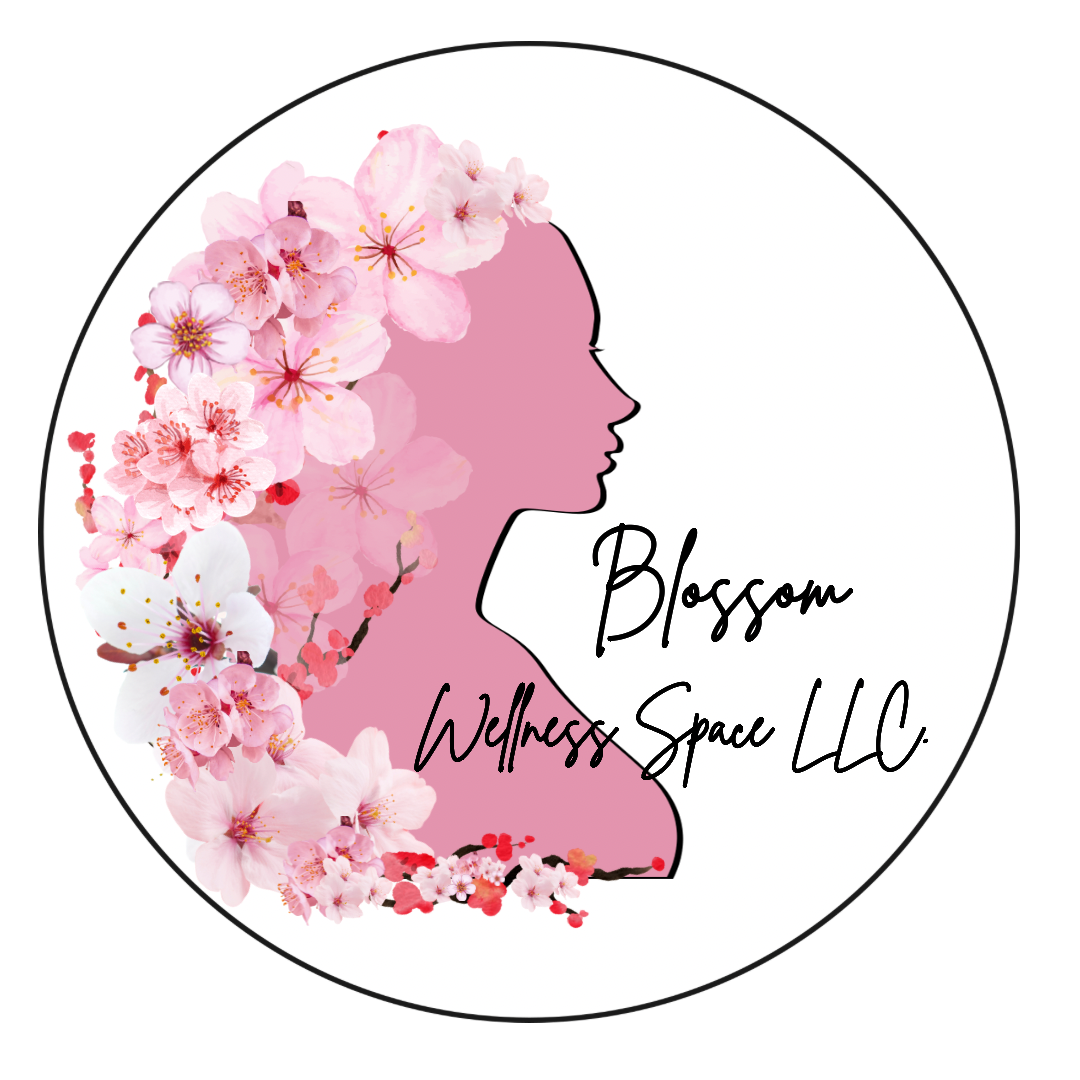Recognizing Burnout: What Every Ambitious Woman Needs to Know
For many career-driven women, ambition is more than a goal—it’s a way of life.
We lead, innovate, and strive for excellence in spaces where we may also face unique challenges like systemic bias, cultural expectations, and the pressure to “prove ourselves” at every turn.
While success can be fulfilling, the relentless push to do more can quietly lead to burnout.
What Is Burnout?
Burnout is more than feeling tired after a long week.
Psychologists describe it as a state of emotional, mental, and physical exhaustion caused by prolonged stress.
It develops when demands consistently outweigh resources—when you’re giving more energy than you’re replenishing.
According to the World Health Organization (WHO), burnout is characterized by:
Emotional exhaustion – feeling drained and depleted
Depersonalization – becoming detached or cynical about work or relationships
Reduced sense of accomplishment – feeling like nothing you do is good enough
For women of color, burnout can also carry the added weight of racial stressors, micro aggressions, and the internalized need to “keep it together.”
Signs of Burnout You Shouldn’t Ignore
Here are common red flags that it might be time to slow down and care for yourself:
Constant Exhaustion
No matter how much you sleep, you wake up feeling tired or foggy.
Irritability & Mood Swings
Little things trigger frustration, or your patience feels paper-thin.
Loss of Motivation
Tasks you once enjoyed now feel heavy, meaningless, or overwhelming.
Physical Symptoms
Frequent headaches, muscle tension, stomach issues, or even colds may show up as stress lingers.
Feeling Disconnected
You find it hard to be present with loved ones—or even with yourself.
Why Women of Color Are Especially Vulnerable
Research shows that racial and gendered workplace stress—such as pay inequities, microaggressions, and cultural pressure to overperform—can increase burnout risk.
The “strong Black woman” or “model minority” narrative can make it harder to rest, ask for help, or admit exhaustion.
This can create a cycle of pushing through pain until your mind and body force you to stop.
Steps to Begin Healing
Burnout doesn’t resolve overnight, but intentional self-care and boundaries can help you recover and prevent relapse.
Consider these steps:
Morning Check-Ins
Before emails or social media, pause and ask: How do I feel? What do I need today?
Set Non-Negotiable Breaks
Schedule 10–15 minute pauses throughout your day to breathe, stretch, or simply be.
Make the time for Joy
Engage in hobbies, friendships, or activities that nourish you—without the pressure of productivity.
Seek Support
Therapy, support groups, or culturally affirming spaces can provide tools and validation.
Redefine Success
You write the script on what success looks like for you. Remind yourself that your worth is not tied to constant achievement.
The Takeaway
Burnout is a signal that its time to take a step back from the world and pour into yourself.
Your body and mind are asking for balance.
By noticing the signs early and making intentional shifts, you protect your well-being and create a foundation for sustainable success.
Remember, your ambition is powerful, but so is your right to rest.
